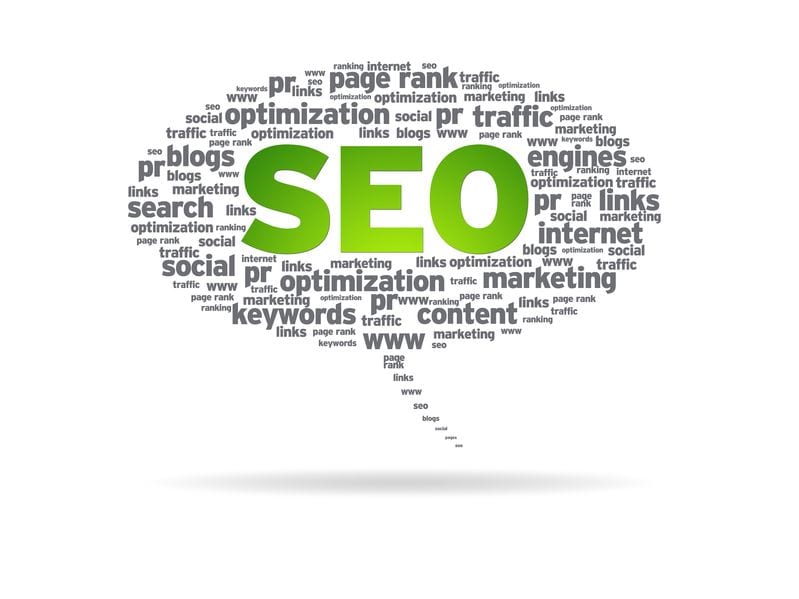
There is a great post on Wordtracker.com about optimizing web pages. This is a recap, but I recommend reading the post.
Make your URLs read well
Your URL should be readable to a human and make sense. It doesn’t need to be perfect English, but at a glance the content that you would expect to see on the page should be clear. A good test is to see if your URL reflects your page title.
Optimizing Page Titles
The page title is the single most important on-page element for your keywords (unless you count the body copy as one element). You need to make sure your core terms are placed within your title with the most important terms at the front.
Optimize Page Descriptions for a Better Click-Through Rate
You want to make sure your Page Descriptions in the search results is as optimized as possible to gain the biggest share of those clicks it can.
Optimizing Page Headings for SEO
Google knows that headings are used to denote a summary of the following section, like mini titles for each section within the content. So it makes sense that Google would place extra weight on the words used within those headings. Headings carry more meaning than words used elsewhere on the page and have been thought about more carefully.
How to Optimize Your Content to Rank Better
The biggest, most influential, on-page factor by far is the content. This isn’t just about using the right keywords but also writing content that’s high quality, in other words, stuff that people will want to read, share and link to. Crack this and you’re most of the way there.
Optimizing Images for SEO
Images have a couple of elements to them that should be properly optimized. The first is the image file name. Make this descriptive and unique.
Outbound Links
t’s not just who links to you that’s important, but where you link to. This can affect both relevance and trust. If you’re linking out to on-topic sites from your content that’s a good indication that the content is relevant to the terms in question.
Usability
Usability is becoming an increasingly significant part of SEO, with dedicated parts of the algorithm looking at things like page layouts and updates being rolled out specifically targeting this. It makes sense from Google’s perspective as a poor user experience means people disliking the search experience and a potential loss of business for Google.
Page Load Speed
If your page takes an age to load, it’s going to create a poor experience for the user. They are likely to click back to the search results and go looking for another result. Google recognises that slow pages provide a poor user experience and therefore incorporate load times as a ranking factor.
Page Layout
Similar to the problems with too many ads, Google looks at the page layout as a whole. If your content is below the fold this may trigger problems for you. Make sure that the written content starts above the fold. If for instance you start off posts with large images, think about adding a headline above the image.
